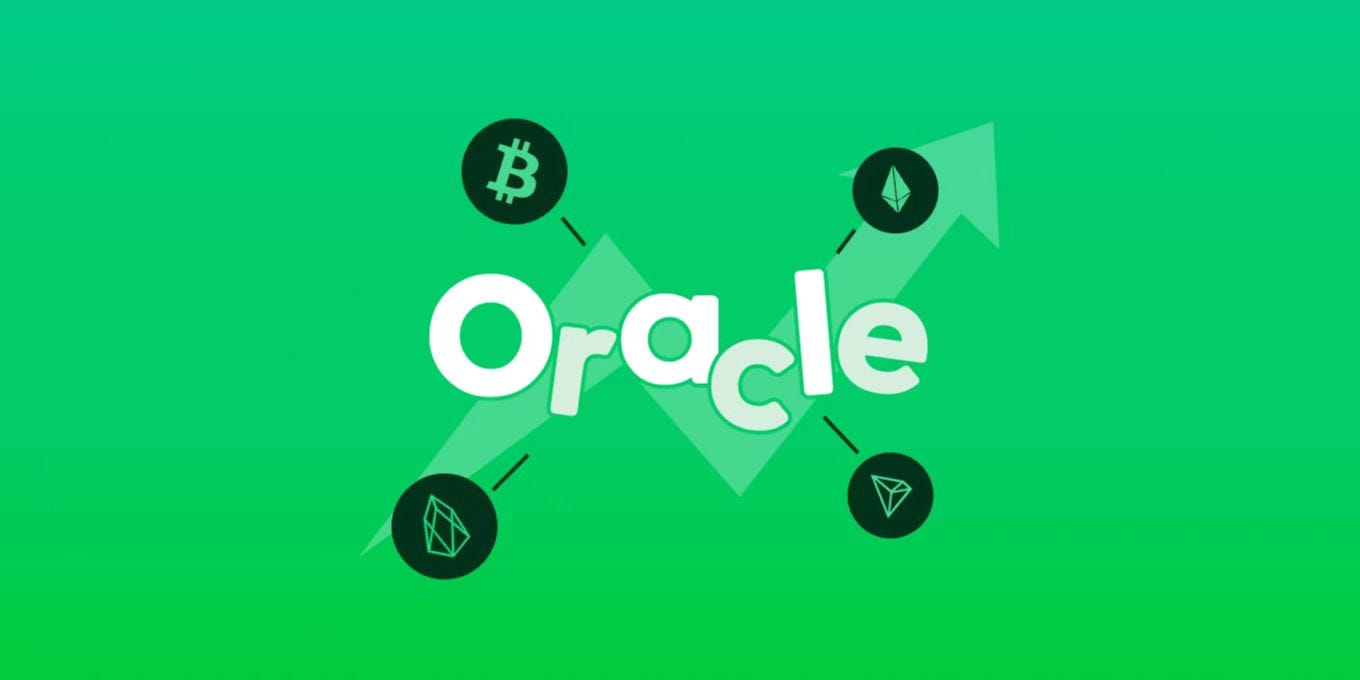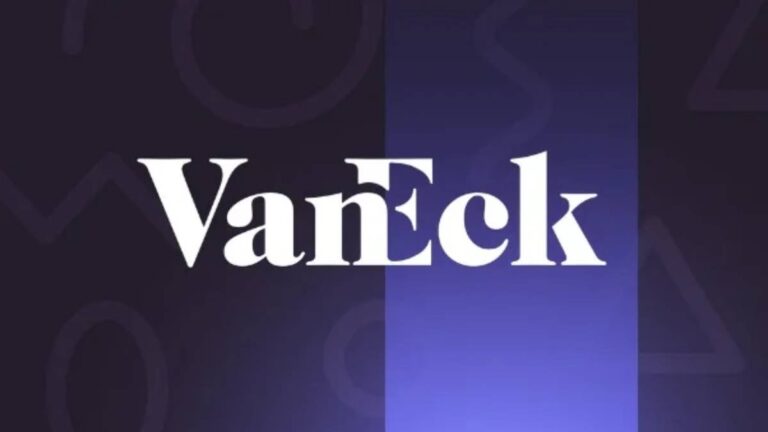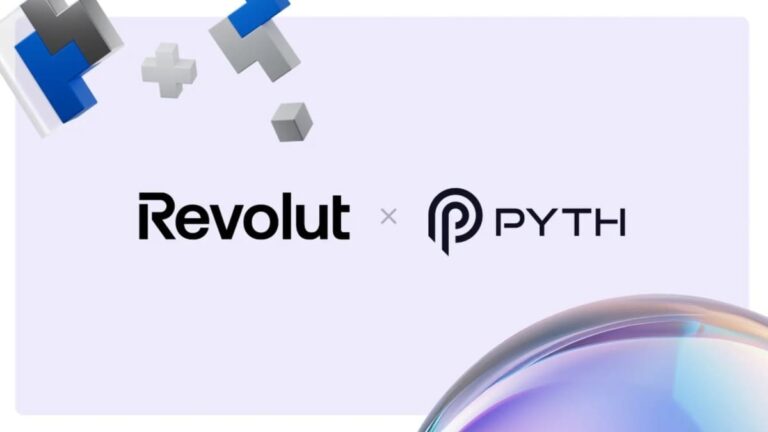In the fast-paced world of cryptocurrency and decentralized finance (DeFi), the battle for dominance among Oracle providers has taken a surprising turn. Pyth Network, a rising star in this space, has recently overtaken Chainlink in 30-day transaction volume, signaling a shift in how data is managed and utilized in blockchain applications. This development is crucial not only for tech enthusiasts but also for anyone looking to understand the evolving landscape of digital finance. Let’s break down what this means and why you should pay attention.
What Are Oracles?
Before diving into the details, let’s understand what oracles are. Oracles are systems that connect blockchains with real-world data, enabling smart contracts to respond to real-time information. They act as bridges, feeding necessary data into the blockchain, which is vital for applications like decentralized finance (DeFi) where timely and accurate information can influence trades and investments.
The Shift: Pyth vs. Chainlink
Key Point 1: Transaction Volume
- Pyth Network achieved a staggering $36 billion in transaction volume over the past 30 days, showcasing a surge in demand for its services.
- Chainlink, the long-standing leader in the Oracle space, while still securing high-value assets, has begun to lose some of its market share.
Key Point 2: Different Models of Data Delivery
- Pyth uses a pull-based model, meaning it provides data only when requested. This is particularly beneficial for high-frequency trading applications that require quick access to real-time data.
- In contrast, Chainlink utilizes a push-based model, continuously updating data even when it’s not needed, which can lead to inefficiencies and higher costs.
Why This Matters
The evolution in Oracle technology is crucial for several reasons:
- Innovation in DeFi: As the DeFi space matures, the need for faster and more efficient data delivery is growing. Pyth’s model can support the high-speed requirements of trading platforms, which can lead to more robust and competitive services.
- Cost Efficiency: The pull-based model employed by Pyth helps lower operational costs compared to traditional push systems. This means that projects can save on expenses while still accessing essential data, which can lead to more innovative and diverse applications in DeFi.
- Security and Reliability: Historically, oracles have been seen as vulnerable points in DeFi ecosystems, sometimes leading to hacks and exploits. By adopting more efficient models and focusing on innovation, newer oracles like Pyth can mitigate these risks and enhance the overall security of decentralized systems.
Industry Insights: Voices from Experts
Niklas Kunkel, the CEO of Chronicle, a previously dominant Oracle provider, noted that the landscape is changing rapidly. He highlighted how Chainlink is facing competition not only from Pyth but also from other emerging players focusing on speed and efficiency. According to him, choosing the right Oracle partner is critical for institutions as they navigate this evolving financial landscape.
Building Your Knowledge in This Field
Understanding these developments is vital for several reasons:
- Career Opportunities: The tech and finance sectors are converging. Knowledge of blockchain technology, especially in areas like Oracles, can open up new career paths.
- Investment Insight: If you’re interested in investing in cryptocurrencies or blockchain projects, knowing which Oracles are gaining traction can inform better investment decisions.
- Engagement in Innovation: By staying informed, you can engage in discussions about the future of finance, contribute ideas, and even create your own projects in this space.
Key Terms to Remember
- Oracles: Systems that provide real-world data to blockchains.
- Pull-based model: Data is provided only when requested, ideal for high-frequency trading.
- Push-based model: Data is continuously updated, potentially leading to inefficiencies.
- Transaction volume: The total value of transactions processed by an Oracle provider.
- Decentralized Finance (DeFi): Financial services using smart contracts on blockchains.
Conclusion
The rise of Pyth Network is not just a technical development; it’s a signal of changing dynamics in the blockchain world. By understanding these shifts, you position yourself at the forefront of an exciting and rapidly evolving industry. The world of finance is being redefined, and by increasing your knowledge now, you can be part of the next wave of innovation.



